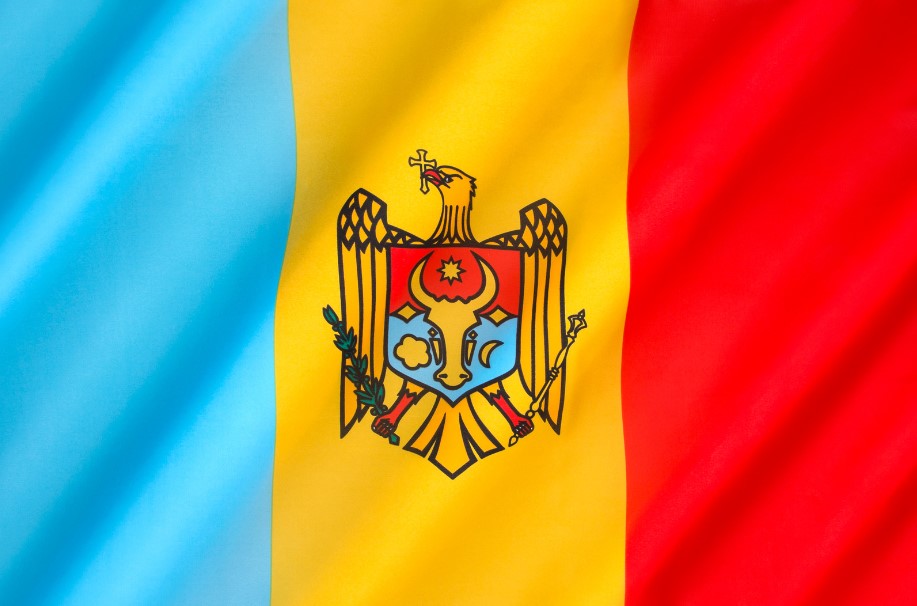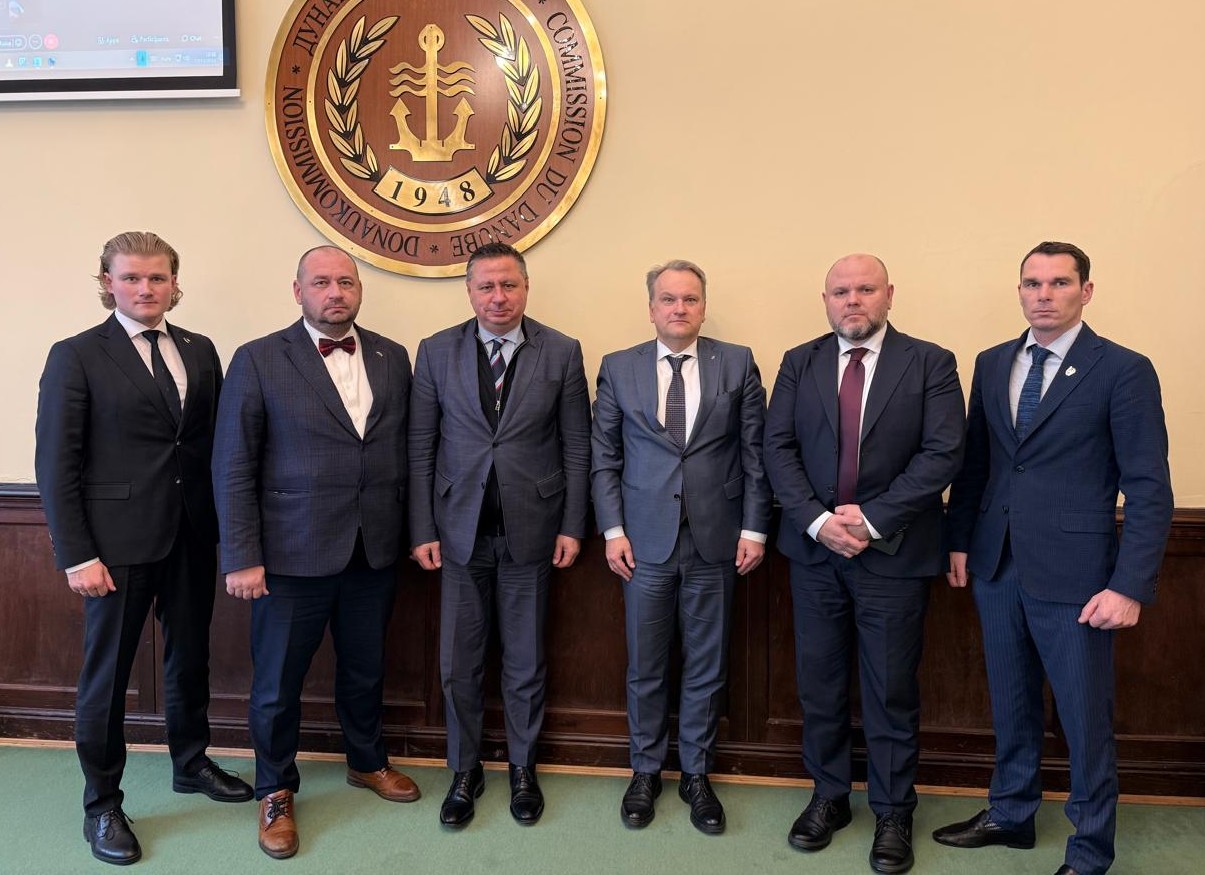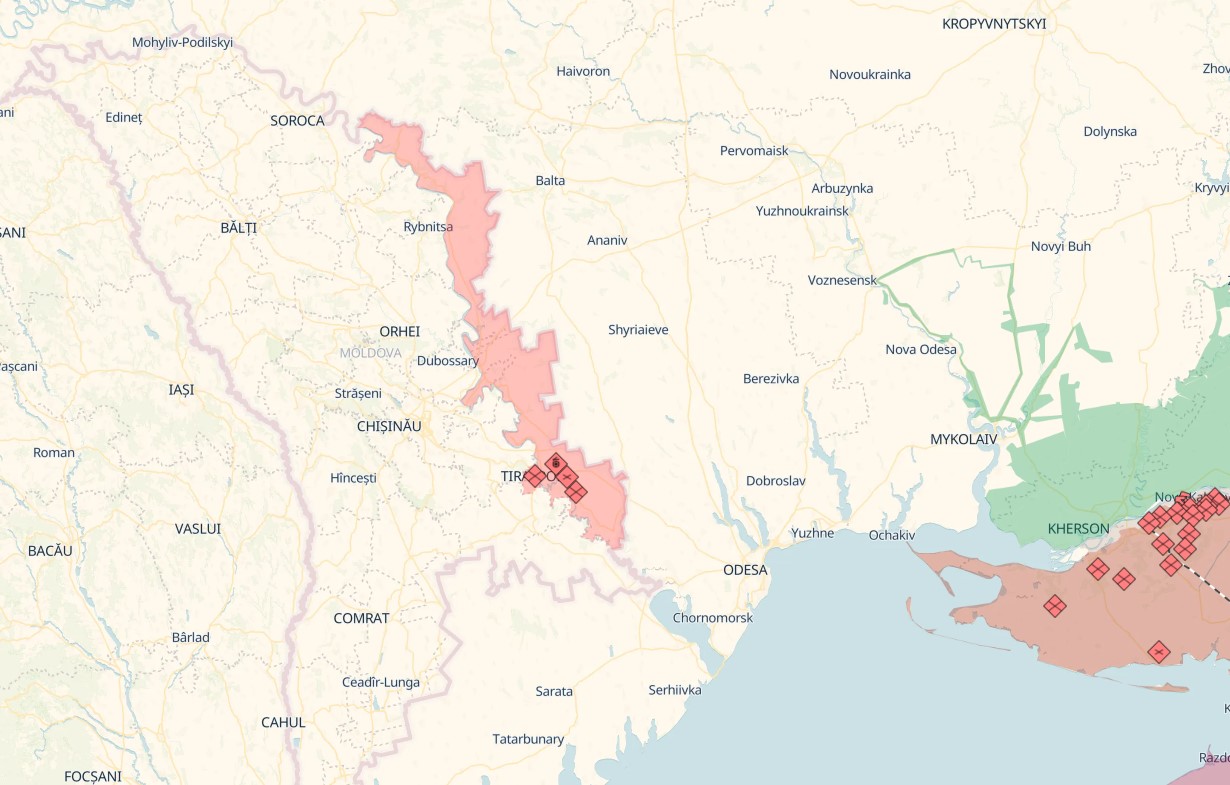The preliminary vote counting has concluded on the CEC Moldova website. Now we can analyze the numbers in detail.
Results of the Referendum:
- 750,075 — "for" the changes to the Constitution;
- 738,799 — "against."
Results of the First Round:
- 656,354 — "for" Maia Sandu;
- 401,724 — "for" Alexandru Stoianoglo.
Maia Sandu received 93,721 fewer votes than were cast "for" the amendments to the Constitution of the Republic of Moldova. Only 32,269 votes went to other pro-European candidates, including Octavian Țîcu, Andrei Năstase, and Tudor Ulinovschi.
Thus, 61,452 voters who voted "for" the constitutional amendments did not want to support any of the pro-European candidates in the presidential elections. These voters will be extremely difficult to mobilize for the second round.
This means that besides her own 656,354 supporting votes, Sandu can potentially count only on an additional 32,269 votes from other pro-European politicians.
What will Moscow oppose to these 668,623 votes that will be mobilized in Sandu's headquarters for the second round?
- 401,724 votes "for" Alexandru Stoianoglo;
- 213,169 — "for" Renato Usatîi;
- 83,232 — "for" Irina Vlah;
- 68,777 — "for" Victoria Fortuna;
- 49,316 — "for" Vasili Tarlev;
- 31,793 — "for" Ion Chicu;
- 9,444 votes "for" Natalia Morari, totaling 🟰 857,455 votes, which significantly exceeds the number of "against" votes in the referendum and the total potential of Maia Sandu.
This indicates that many of those who voted for opposition pro-Russian or relatively neutral candidates did not participate in the referendum. This is natural, as many opponents of the referendum called for a boycott.
The 738,799 who voted "against" the changes to the Constitution of Moldova and the 857,455 who voted for various opposition candidates to Maia Sandu are unlikely to come out to vote "for" her.
Thus, the potential volume of voters that Alexandru Stoianoglo's headquarters will attempt to mobilize is arithmetically greater than those that Maia Sandu's headquarters will try to mobilize.
This is the first conclusion.
The second important point to understand is the negative ratings of the presidential candidates. In the second round, people vote not "for" someone but "against" someone. Thus, votes from opponents of the rival are added to the core electorate.
If we disregard the response from 54% of voters who, in the last three weeks before the first round of presidential elections, believed that the Republic of Moldova needed a new president (only 39% preferred to re-elect Sandu for a second term), then 36% said they would not vote for Maia Sandu under any circumstances.
This means that these 36% will surely go to vote "against" Maia Sandu and thus "for" Alexandru Stoianoglo. Another 18% from those who want a new president, added to the 36% who are "against" Sandu, will very likely also vote "for" Stoianoglo.
Both of these groups will be motivated to go to the polls by Maia Sandu's figure, which they will seek to remove from power.
This does not account for "Shor nets," which helped accumulate 857,455 votes around Sandu's opponents in the first round.
Mobilizing voters "against" Alexandru Stoianoglo, including those in the diaspora, will be more challenging. Stoianoglo was the attorney general appointed under Sandu. He was removed under her administration, but the European court deemed his removal illegal and mandated the Republic of Moldova to compensate him and reinstate him.
Additionally, Stoianoglo is not opposed to European integration. It is obvious that he will frame his rhetoric around issues of protecting citizens' rights and freedoms, restoring the rule of law, safeguarding democracy, and addressing the lack of proper anti-corruption measures by Sandu, along with the socialist rhetoric about "poverty," which resonates with many Moldovan citizens.
Thus, he does not seem to be a significant enough problem for many to feel the need to go to the polls to prevent him from coming to power.
This means that even those 668,623 voters who voted for pro-European candidates will find it difficult to mobilize against Stoianoglo, not to mention the 61,452 voters who voted "for" the constitutional amendments and did not vote for pro-European candidates.
And this is the second conclusion.
Who will win in the second round of the presidential elections in Moldova will be seen on November 3, 2024. However, the analysis of electoral arithmetic indicates that we should prepare for Sandu's defeat.
For the incumbent president to win, she needs to increase Stoianoglo's negative rating to 50% + 1 voter. Currently, only 8.8% of respondents expressed that they would not vote for him under any circumstances in the three weeks leading up to the election.
If Maia Sandu somehow manages this, it would be a "biblical miracle" that would allow her to be re-elected.
But all of this is minor compared to the challenge of preventing the formation of a pro-Russian coalition in the Moldovan parliament, where elections will take place in about 9 months.
Therefore, all interested parties must create conditions for the emergence of new electorally rated political parties in the "center" and on the right "electoral flank" of Moldova.
And this is the third conclusion.





















